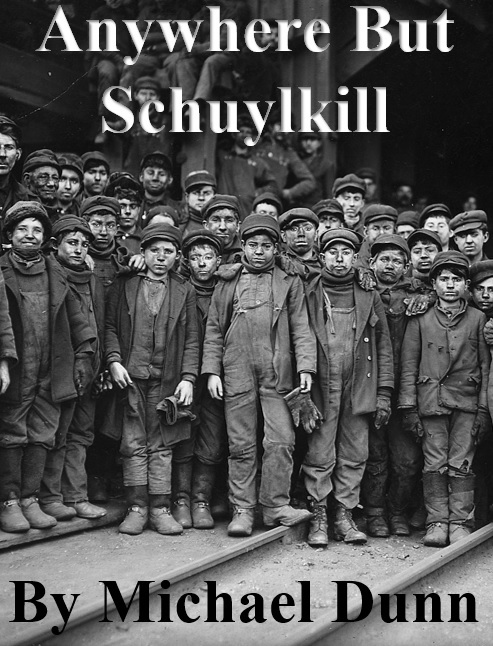

Today in Labor History December 25, 1927: B. R. Ambedkar and his followers burned copies of the Manusmriti to protest its treatment of Dalit people (formerly known as untouchables). Bhimrao Ramji Ambedkar was an Indian jurist, economist and social reformer who fought discrimination against Dalits. He later renounced Hinduism and inspired the Dalit Buddhist movement. The Manusmṛiti or Laws of Manu, is thought to be the first Hindu legal text and constitution.
\#WorkingClass #LaborHistory #dalit #untouchable #cast #india #books #discrimination #hindu #christmas @bookstadon

Today in Labor History December 25, 1968: Forty-four Dalits (untouchables) were burnt to death in the Kilvenmani massacre in Tamil Nadu. The Dalits had been striking for higher wages. The incident helped lead to major changes in the local rural economy, including a large redistribution of land. Meena Kandasamy portrayed the event in her 2014 novel “The Gypsy Goddess.”
\#WorkingClass #LaborHistory #dalit #untouchable #cast #india #massacre #strike #wages #landreform #novel #books #fiction #author #writer #christmas @bookstadon

Today in Labor History December 3, 1984: A methyl isocyanate leak from a Union Carbide plant in Bhopal, India, killed over 3,800 people and injured up to 600,000 more. Up to 16,000 people died, in total, over the years following the disaster. The Government of Madhya Pradesh has paid compensation to family members of 3,787 of the victims killed. Numerous local activist groups emerged to support the victims of the disaster, like Rashida Bee and Champa Devi Shukla, who won the Goldman Prize in 2004. Many of the activists were subjected to violent repression by the police and government. Larger international groups, like Greenpeace and Pesticide Action Network also got involved. The disaster has played a role in numerous works of fiction, including Arundhati Roy’s “The Ministry of Utmost Happiness” (2017) and Indra Sinha’s “Animal’s People” (2007). It has also been referenced in music by the Revolting Cocks “Union Carbide” and the Dog Faced Hermans ”Bhopal.”
\#WorkingClass #LaborHistory #bhopal #india #ecology #disaster #environment #PoliceBrutality #police #greenpeace #ArundhatiRoy #punk #author #writer #fiction #books @bookstadon
Working Class Historical Fiction from the not so gilded age. Labor History. Social justice. An injury to one is an injury to all!
https://michaeldunnauthor.com https://www.thehistoricalfictioncompany.com/michael-dunn
Pronouns: He/him
\#Solidarity #Sabotage #GeneralStrike \#HistoricalFiction #WorkingClass #LaborHistory \#WomensRights #antifascism #AntiImperialism #LGBTQIA+ #EndAbleism #TransRightsAreHumanRights #SelfDetermination #ClimateChange